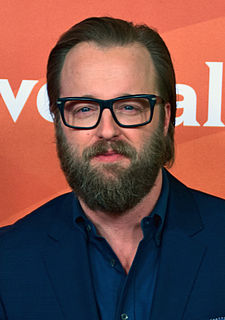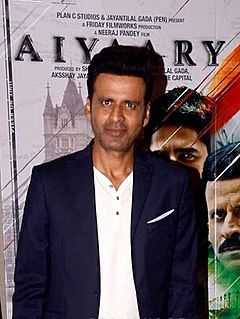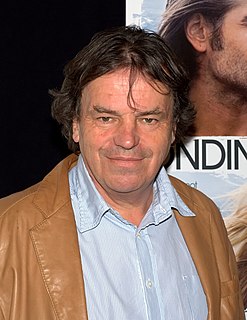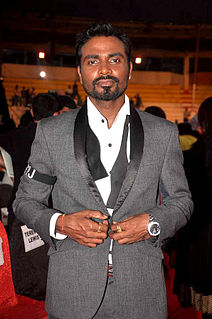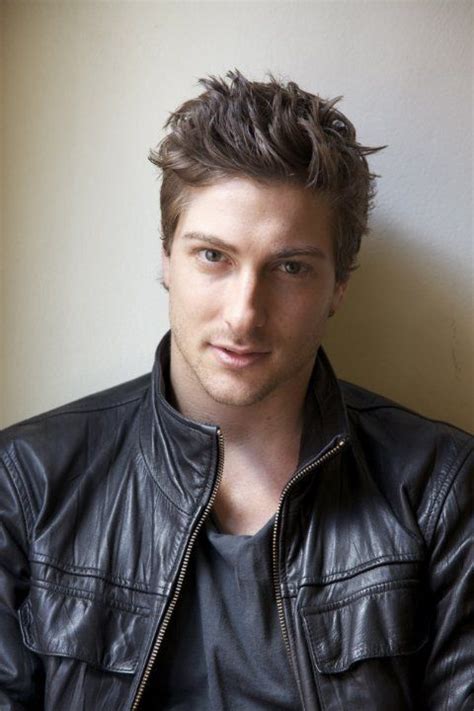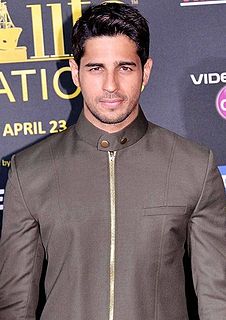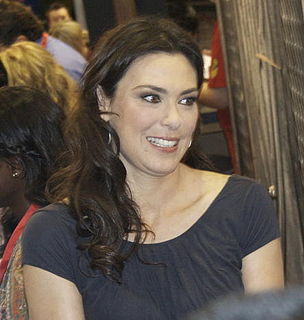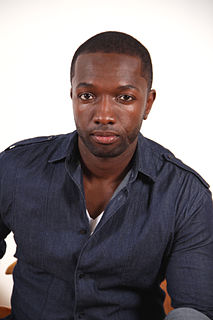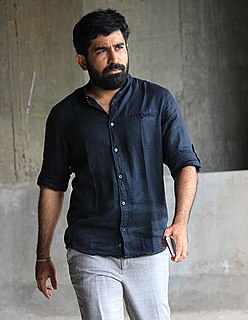A Quote by Mani Ratnam
Whatever film you do, even if it's a children's film, you do with the same amount of sincerity.
Related Quotes
African films should be thought of as offering as many different points of view as the film of any other different continent. Nobody would say that French film is all European film, or Italian film is all European film. And in the same way that those places have different filmmakers that speak to different issues, all the countries in Africa have that too.
Even though I'm an actor, even though I know a little bit about film, I very much view things as an audience member. For me, whether it's TV, film, theater, whatever, it's a big movie, a small movie, whatever it is, I look for the truth in it. I look for the honesty. I just look for if it feels honest and real to me.
I think that's true of all cinema, that's why cinema is the great humanistic art form. Whatever the film is, it doesn't matter what the film is about, or even whether it's a narrative or figurative film at all, it's an invitation to step into somebody else's shoes. Even if it's the filmmaker's shoes filming a landscape, you go into somebody else's shoes and you look out of their lens, you look out of their eyes and their imagination. That's what going to the pictures is all about.


